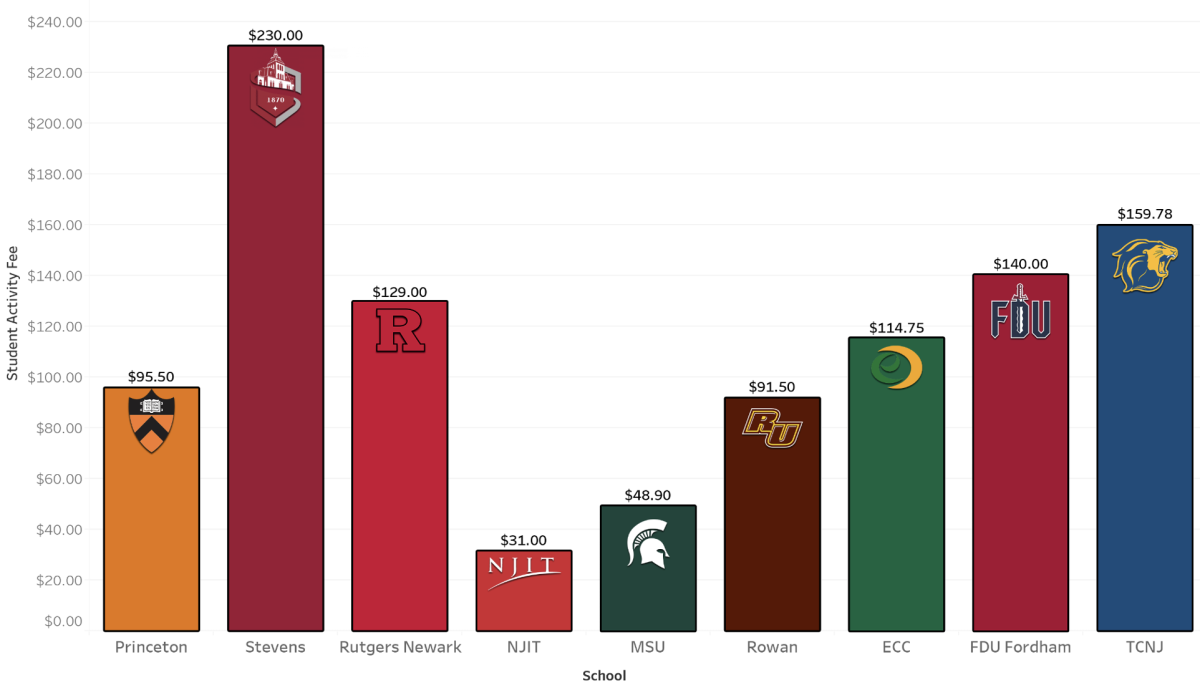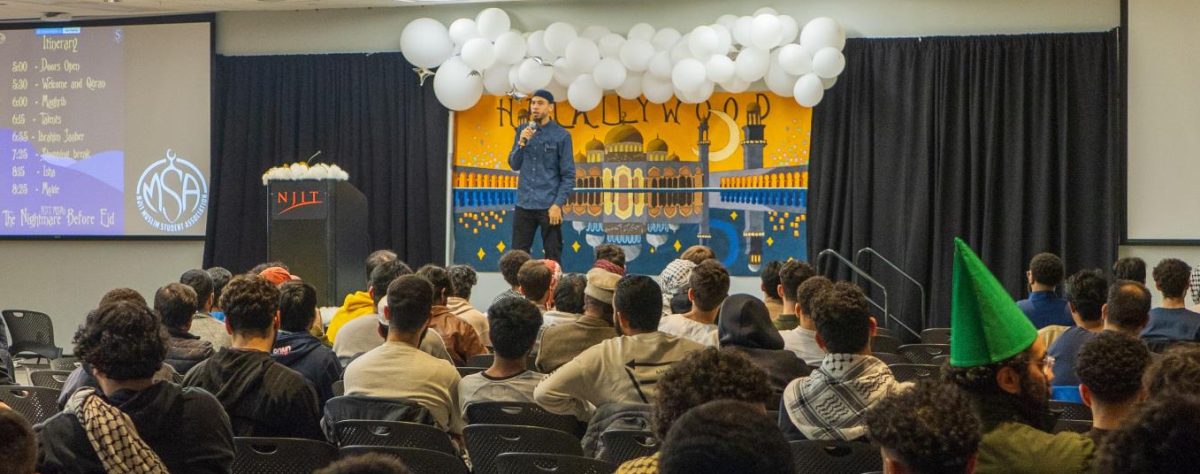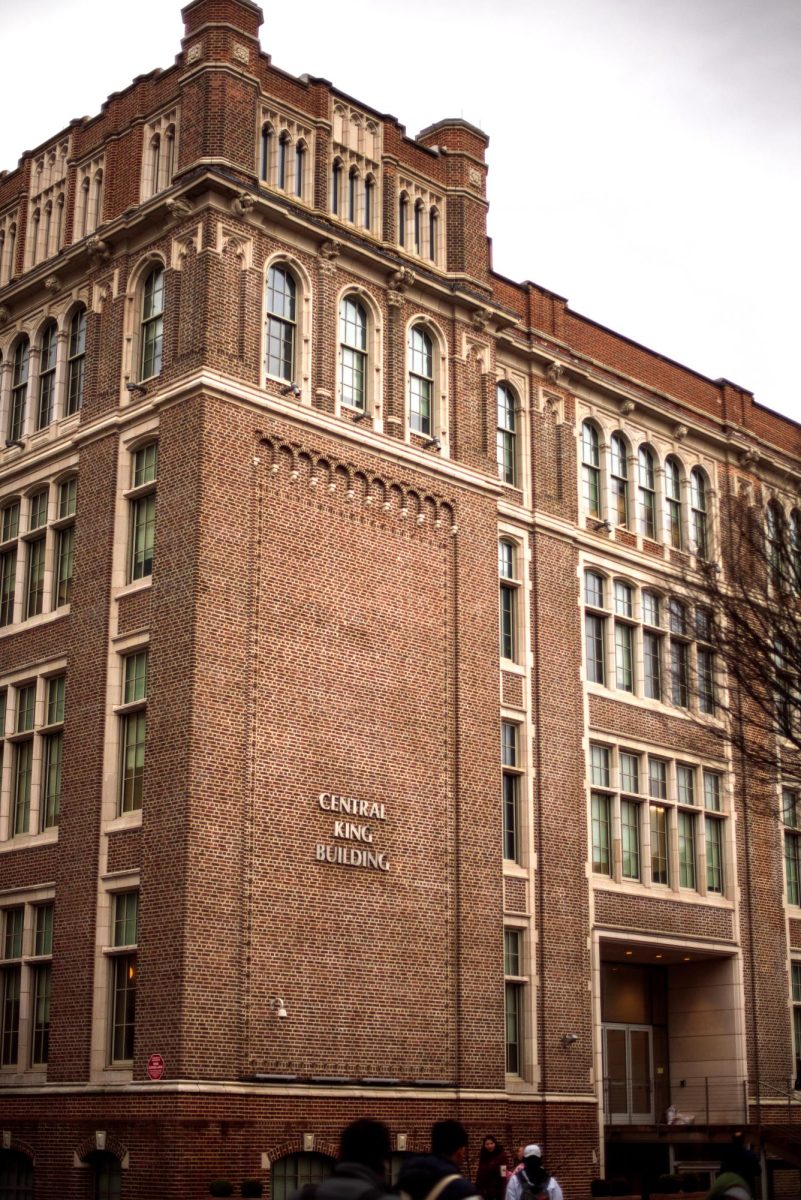On April 11 Julian Assange, an Australian computer programmer and founder of the international freedom of information group WikiLeaks, was arrested in the Ecuadorian Embassy in London by the Metropolitan Police. Assange has been living in the Ecuadorian Embassy for the past seven years to avoid extradition to Sweden over charges of rape and molestation of two women when he visited the country in 2010. Assange has continuously proclaimed his innocence and fears that the charges are a ploy so he can be extradited to the United States from Sweden.
According to Ecuador’s President Lenin Moreno, theEcuadorian Embassy rescinded his asylum because of his increasingly “discourteous and aggressive behavior” which included repeatedly insulting his host country as a third-rate nation and allegedly smearing his feces on the walls of the embassy.
Assange founded WikiLeaks in 2006 to streamline the whistle-blowing process by making it easier for people to release classified source material, usually confidential government or military documents. The website has been known for releasing information regarding war crimes, corruption, and human rights abuses.
WikiLeaks only received major international attention after the publication of a series of leaks released by Chelsea Manning, an American intelligence analyst, regarding the wars in Iraq and Afghanistan. These leaks contained thousands of documents pertaining to civilian casualties in the war. Included was a video of American soldiers laughing at the casualties of a firefight, with civilians and two Reuters reporters among them.
More recently, WikiLeaks was responsible for releasing emails and documents from Hillary Clinton and the Democratic National Convention during the 2016 Presidential Campaign. WikiLeaks came under increased scrutiny by the United States government after reports by the intelligence committee revealed that these hacks were orchestrated by the Russian government as part of a broader plan to interfere in the 2016 Presidential Election.
Assange now faces the prospect of extradition to the United States where he will be tried for “conspiracy to commit computer intrusion.” This is related to a separate incident where he and Chelsea Manning attempted to hack into a government computer containing national security information about two months after Manning leaked the Iraq and Afghanistan war documents.
Assange’s arrest has triggered a wave of protests not only from his organization, but from freedom of press and government transparency advocates. Assange has maintained that he is a journalist and WikiLeaks is a news organization which should be protected by the First Amendment and other free press laws. His supporters argue that the information he provided is in the general interest of the public.
Edward Snowden, former CIA analyst and whistle-blower, described Assange’s arrest as “a dark moment for press freedom.” Others have noted that his arrest would set a dangerous precedent for arresting journalists both in the United States and around the world. Ben Wizner, director of the American Civil Liberties Union’s Speech, Privacy, and Technology Project said “prosecuting a foreign publisher for violating U.S. secrecy laws would set an especially dangerous precedent for U.S. journalists, who routinely violate foreign secrecy laws to deliver information vital to the public’s interest.”
Previously, Eric H. Holder Jr., the Attorney General during the Obama Administration, had chosen not to prosecute Assange precisely because of the potential First Amendment issues the case could raise if Assange continues to assert that WikiLeaks is a news organization. The Trump Administration has turned away from this method with current Secretary of State Mike Pompeo characterizing WikiLeaks as a “nonstate hostile intelligence service” while he was still CIA Director.
To the slight relief of journalists, the charges brought against Assange thus far only seem to stem from his conspiracy to hack into government computers and not from the release of confidential government documents. Extradition is a process which generally takes years to complete so it is still too early to see which specific charges the government will press against him.































